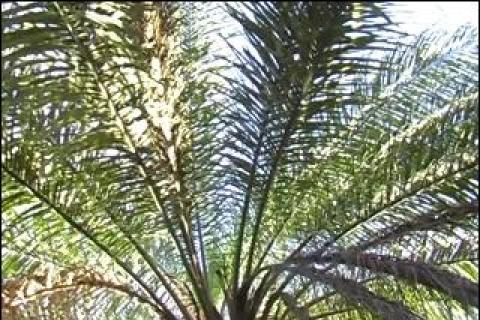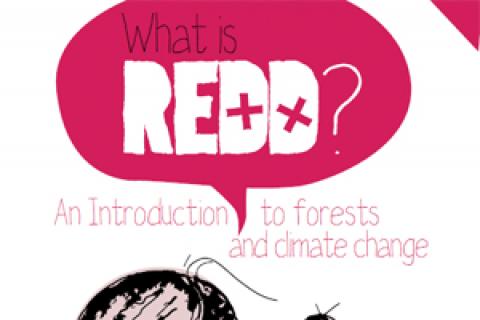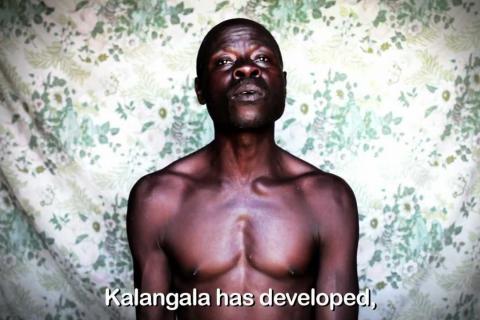WRM joins in the call for a global mobilization on June 5, World Environment Day, to expose and denounce the structural causes of the crises facing the planet and the false solutions that the creators of these crises are seeking to impose as a means of refounding the capitalist system. This mobilization will also serve to present and promote the real solutions proposed by the peoples to eradicate social, economic and environmental injustice.
Other information
Up to now, the Food and Agriculture Organization of the United Nations (FAO) has focused on the pursuit of “food security” and consequently on actions to generate enough food for the entire planet.
However, for several social movements this definition has served well agribusiness and does not consider the issue of who produces the food, how it is produced and for what.
Several months ago (see WRM Bulletin 172) we reported on the plans of Suzano Papel e Celulose S. A. – the world’s second largest pulp producer – to invest in biomass plantations. Biomass energy is one of the market-driven false “solutions” to climate change. It promotes land grabbing and diverts attention from the need to effectively reduce carbon dioxide emissions at the source.
Veracel is expanding its operations in Brazil, with the consent of the government. The decision of the Institute of the Environment and Water Resources (INEMA) to grant preauthorization for the expansion of Veracel Celulose S.A. – a joint venture between Stora Enso and Aracruz – runs counter to a 2008 Federal Court ruling that revoked the environmental licence granted to the company in 1993.
EJOLT (Environmental Justice Organisations, Liabilities and Trade) is an ambitious collaborative project that brings together 23 environmental organizations and academic institutions to catalogue ecological distribution conflicts and produce material for use by environmental justice organizations in their struggle against environmental injustice (see www.ejolt.org).
The Carbon Connection, is a Fenceline Films presentation in partnership with the Transnational Institute Environmental Justice Project and Carbon Trade Watch, the Alert Against the Green Desert Movement, FASE-ES, and the Community Training and Development Unit.
La Via Campesina is gathering information on actions organized around the world against land grabbing and in support of agrarian reform, food sovereignty and other demands in the framework of the International Day of Peasant Struggle, April 17. Information should be sent to viacampesina@viacampesina.org, and all activities will be recorded on the map available at: http://viacampesina.org/map/17april/map.html
Numerous social organizations from the Democratic Republic of Congo (DRC) met together with local and traditional authorities in the province of North Kivu on March 23-24 to consider the impacts of oil exploration and drilling by the multinational oil company SOCO in Virunga National Park.
Chinese lawyer Yang Zaixin has been imprisoned in Beihai, Southern China since June 2011. We urge you to support a petition that demands that the Finnish government and company Stora Enso take action to end his unjust imprisonment. Finnish-Swedish company Stora Enso is planning to build massive board and pulp mills in Beihai city in Guangxi, Southern China. The project began in 2002 and has been surrounded by controversy and accusations of misconduct.The tree plantation and pulp mill project has displaced local people of their lands without their free and prior consent.
A number of international civil society organizations and social movements have joined together to issue a statement against what they call the “corporate capture” of Rio+20: the zero draft of the conference declaration highlights the role of business as promoter of the so-called “green economy”, while failing to hold business accountable for its role in creating the financial, climate, food and other crises.
By Carbon Trade Watch
This booklet aims to decode REDD+ * which is a focus in the international climate change debates. It will explore key ideas behind the complexities of REDD+ which link lands, forests and climate change. Although there are many ways different communities understand this link, this booklet aims to introduce and problematize the terms that are used in the REDD+ debate



